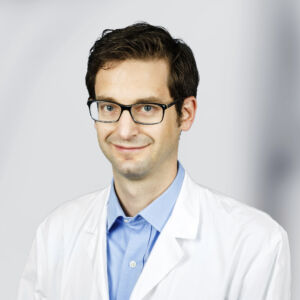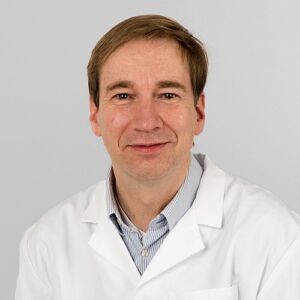COPD - quitting smoking is the most important thing

The most important measure is to stop smoking or to avoid areas where smokers are present. Smoking cessation programs are recommended for anyone who is unable to quit smoking on their own. The success rate here is up to 50 percent. Professional smoking cessation programs combine psychosocial support with various therapy options, such as nicotine replacement products in the form of patches, chewing gum or sprays. Relaxation techniques such as autogenic training or progressive muscle relaxation as well as acupuncture procedures are also helpful.
Medication for COPD
Lung function can be supported and symptoms treated with drug therapy:
- Bronchodilators: So-called bronchodilators are helpful. They widen the airways and make breathing easier.
- Cortisone preparations: For severe illnesses with worsening symptoms, lung specialists recommend inhaling cortisone preparations.
- Oxygen therapy: If chronic oxygen deficiency and cardiac insufficiency occur, long-term oxygen therapy is necessary. Oxygen is administered via a nasal tube many hours a day.
Lung volume reduction
In isolated cases, the excess lung volume can be reduced either bronchoscopically or surgically:
- During bronchoscopic lung volume reduction, we use a bronchoscope to insert one-way valves into certain lobes of the lung. The volume in the treated lung lobes is significantly reduced so that neighboring areas are better supplied with oxygen. The procedure is only suitable for patients who do not smoke, are of normal weight and whose emphysema is more pronounced in one region than in the rest of the lungs.
- During a surgical lung volume reduction, our lung surgeon opens the chest and cuts out part of the diseased lung. This means that less affected sections of the lungs can expand better again and patients therefore suffer less from breathlessness.
In addition, a lung transplant is possible in certain individual cases.
What you can do yourself
You also have the opportunity to positively influence the course of COPD. The following measures are important:
- Attend a COPD training course: learn all about the correct intake of the therapy. This increases the success rate of the treatment and you may be able to influence and reduce a worsening of the symptoms.
- Exercise and diet: Exercise and eat a healthy diet. The healthier your body is as a whole, the better you will cope with the illness. Normal body weight plays an important role here. Talk to us about which sports are suitable for you and consult a nutritionist.
- Physiotherapy: Respiratory physiotherapy will teach you how to better manage your symptoms. Aids, such as gripping aids, make difficult household tasks easier.
- Outpatient pulmonary rehabilitation: At the USZ, we offer a targeted program for patients with COPD. This includes 2 appointments per week for three months and is reimbursed by the health insurance company.



